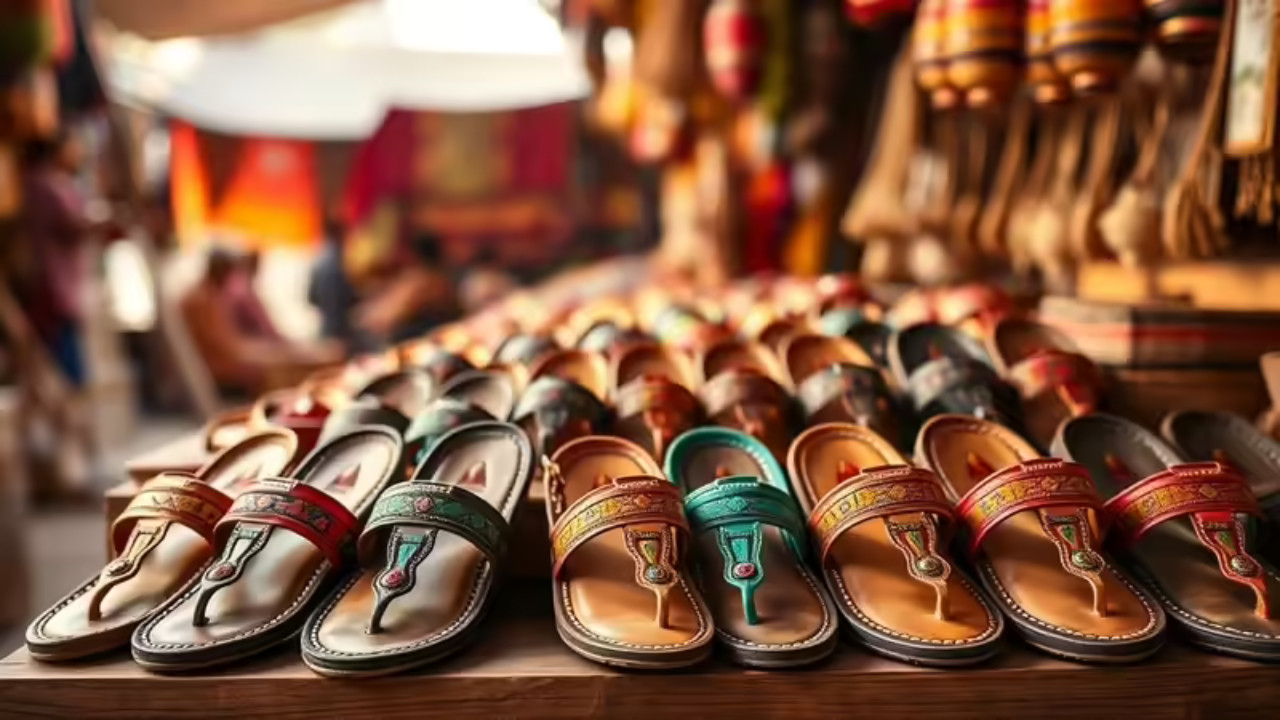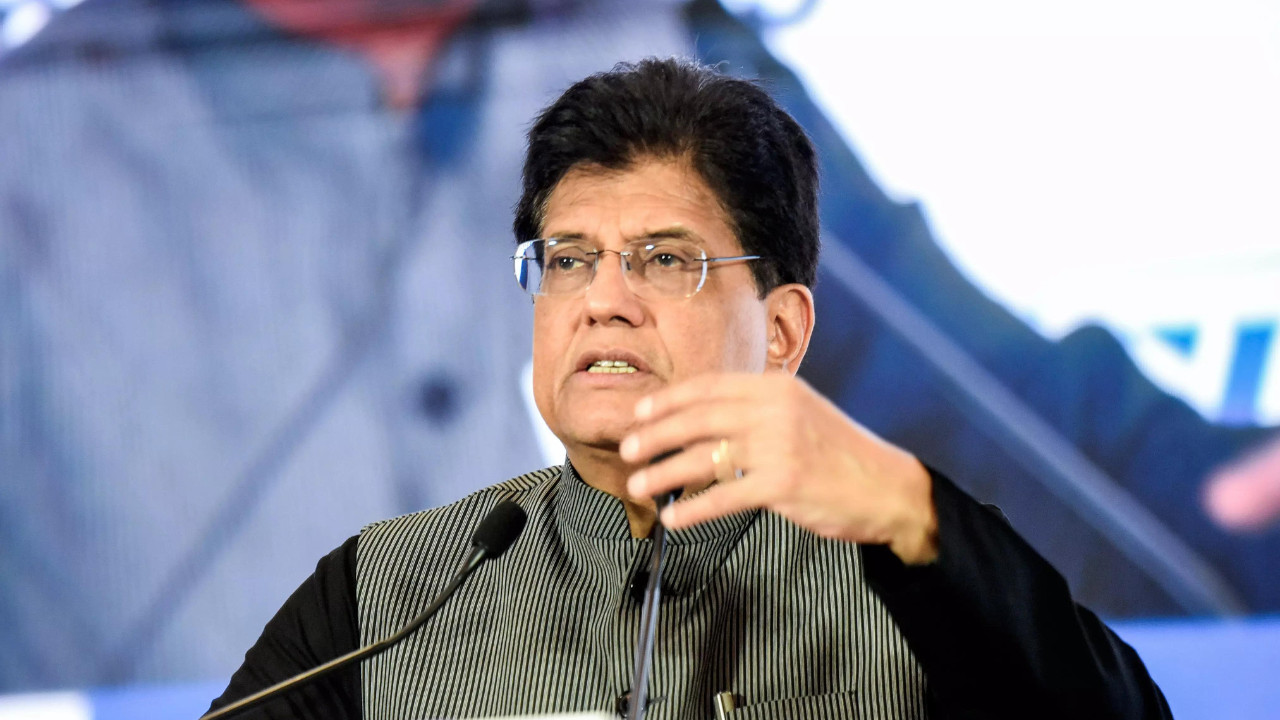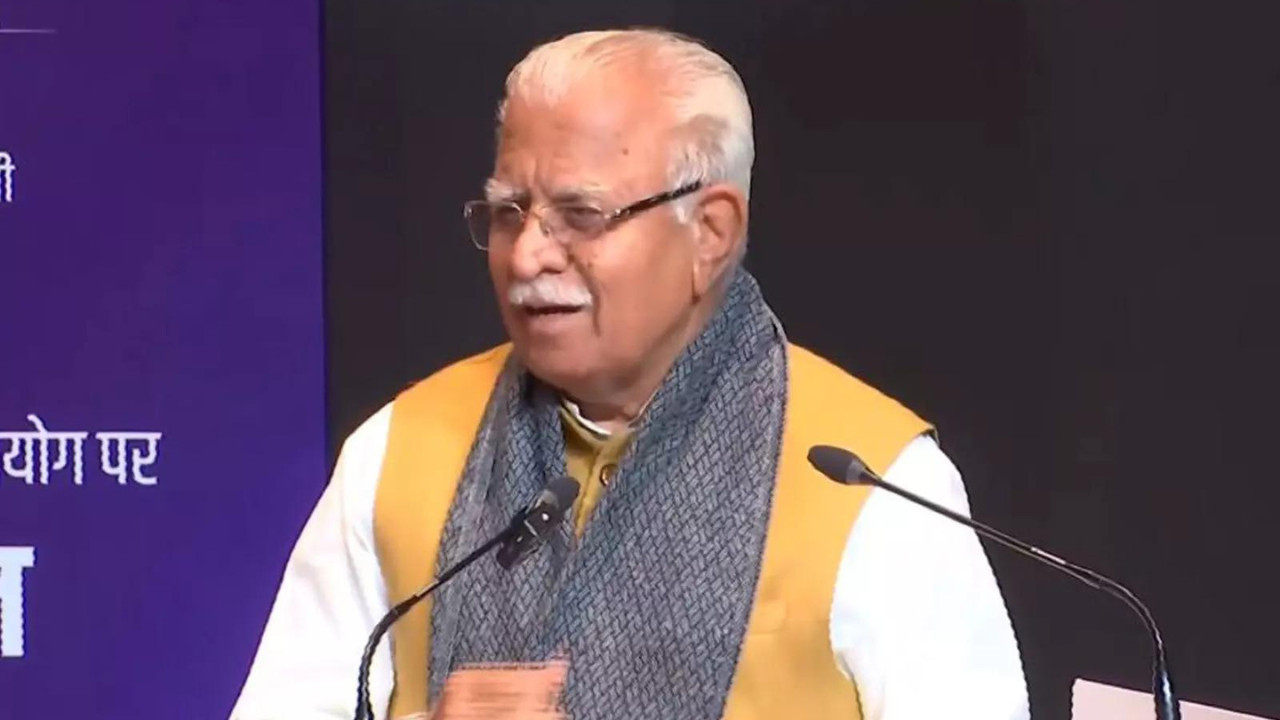Prada is set to meet with the Maharashtra Chamber of Commerce to discuss a collaboration on a Kolhapuri chappal-inspired sandal line, following criticism for not crediting Indian artisans. The meeting aims to explore co-branded collections, skill development, and cultural exchange. MACCIA proposes a joint working group and a ‘Prada Artisan Excellence Lab’ to ensure ethical practices and benefit local communities.
When Luxury Meets Legacy: The Prada Kolhapuri Controversy and the Future of Ethical Fashion
The world of high fashion, often perceived as detached and ethereal, recently collided with the deeply rooted traditions of a small corner of India. The spark? A sandal. Not just any sandal, but one that bore an uncanny resemblance to the iconic Kolhapuri chappal, handcrafted for generations in Maharashtra, India. The Italian fashion house Prada released a sandal strikingly similar to the Kolhapuri, prompting immediate backlash and raising important questions about cultural appropriation and the need for fair recognition in the global fashion industry.
This isn’t simply about a shoe; it’s about protecting the heritage of artisans and ensuring their skills are valued and respected. The furor quickly escalated, grabbing the attention of industry bodies and government officials. Now, Prada is engaging in talks with representatives from the Maharashtra Village Industries Association (MAVIM) to address the concerns and hopefully forge a path toward ethical collaboration.
A Legacy Under Threat: Understanding the Kolhapuri Chappal
The Kolhapuri chappal isn’t just footwear; it’s a cultural emblem. These hardy leather sandals, known for their distinctive T-strap design and intricate craftsmanship, have been a staple in Maharashtra for centuries. Families have passed down the secrets of tanning, stitching, and embellishing these chappals through generations. Each pair tells a story of dedication, skill, and a deep connection to the land. They are more than just an accessory; they are an integral part of the region’s identity.

The concern isn’t just about Prada producing a similar design. It’s about the potential for a luxury brand to overshadow the original creators and profit from a craft born from generations of skill, innovation and tradition. Imagine the artisans of Kolhapur, struggling to compete in an increasingly globalized market, suddenly facing competition from a fashion giant like Prada. The stakes are high, and the outcome of these discussions could set a precedent for how the fashion industry engages with traditional crafts in the future.
Beyond the Sandal: The Bigger Picture of Ethical Fashion
The Prada Kolhapuri controversy shines a light on a larger issue: the ethical responsibilities of the fashion industry. In a world where trends come and go in the blink of an eye, it’s easy to overlook the origins of our clothes and accessories. But behind every garment, there are people – artisans, laborers, and communities – whose livelihoods are directly affected by the choices we make as consumers.
Cultural appropriation, where elements of a culture are adopted by members of another culture, particularly a dominant culture, is a pervasive issue. Often, this happens without proper understanding, respect, or compensation for the original creators. In the context of fashion, it can lead to the exploitation of traditional crafts and the erasure of cultural heritage.
This isn’t the first time a major brand has been accused of appropriating designs from traditional cultures. The hope is that the discussion surrounding the Prada Kolhapuri will lead to greater awareness and more ethical practices within the industry. We need to move towards a system where creativity and innovation are celebrated in a way that also protects and empowers traditional artisans.
Finding a Path Forward: Collaboration, Recognition, and Respect
The ongoing dialogue between Prada and MAVIM offers a potential model for how fashion houses can engage with traditional crafts in a responsible and ethical manner. Instead of simply copying designs, brands could explore opportunities for genuine collaboration, working directly with artisans to create unique and authentic products.
Fair compensation, proper attribution, and a commitment to supporting local communities are crucial elements of this approach. Imagine Prada partnering with Kolhapuri artisans, using their skills and knowledge to create a limited-edition collection that celebrates the heritage of the chappal. Such a collaboration would not only benefit the artisans economically but also elevate their craft on a global stage. Read more about [sustainable fashion initiatives] on our blog.
The Future of Fashion: A Call for Conscious Consumption
The Prada Kolhapuri incident is a reminder that fashion is about more than just aesthetics. It’s about the stories behind our clothes, the people who make them, and the impact our choices have on the world. By demanding transparency and accountability from brands, we can help create a more ethical and sustainable fashion industry.







